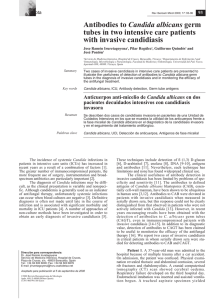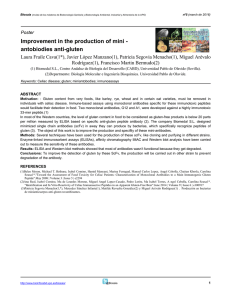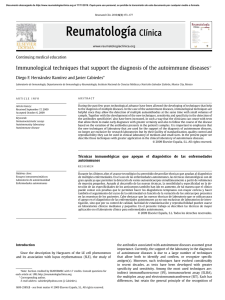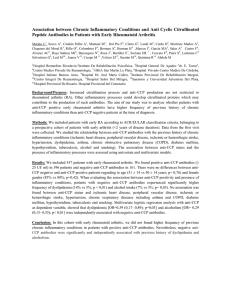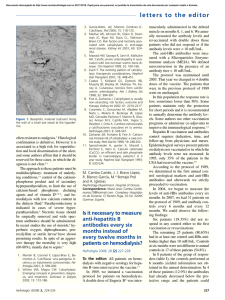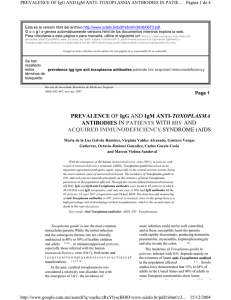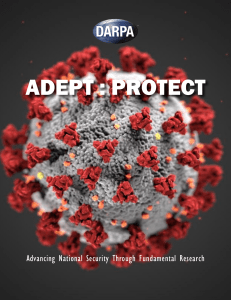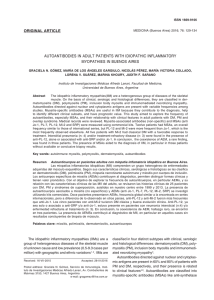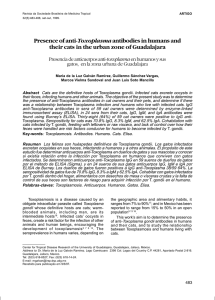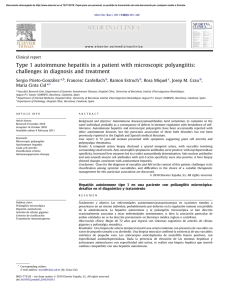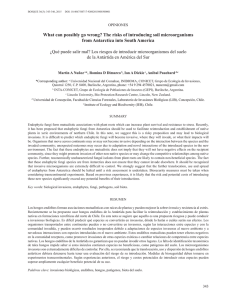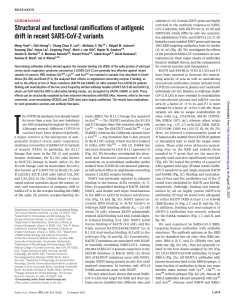Potential of anti-Candida antibodies in immunoprophylaxis.
Anuncio
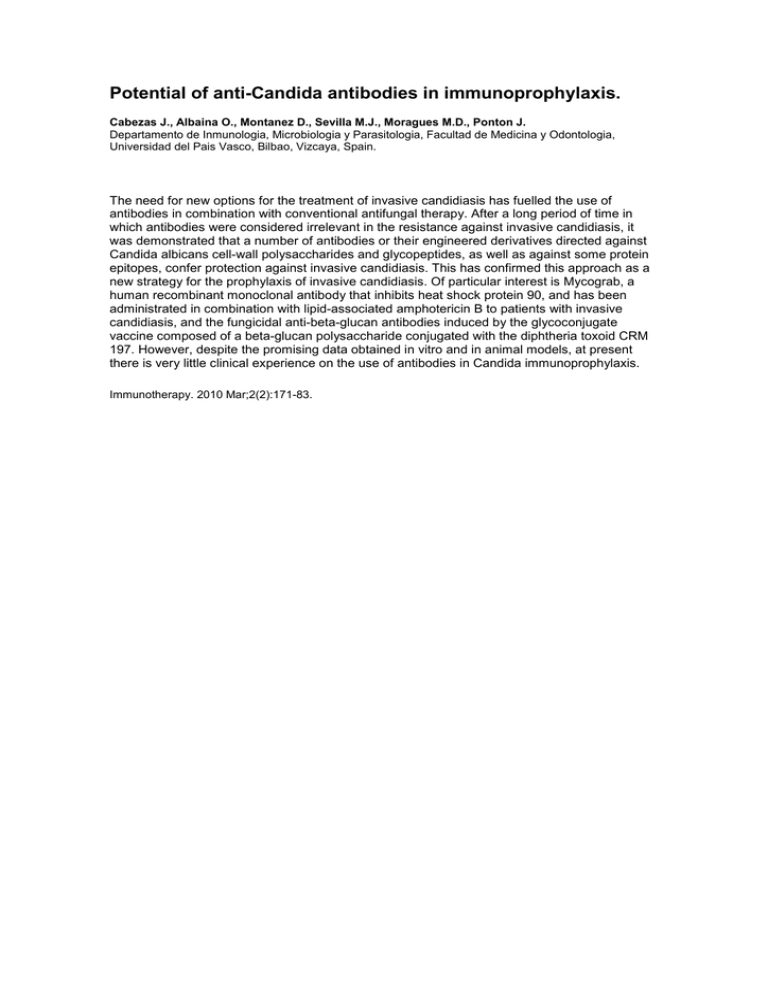
Potential of anti-Candida antibodies in immunoprophylaxis. Cabezas J., Albaina O., Montanez D., Sevilla M.J., Moragues M.D., Ponton J. Departamento de Inmunologia, Microbiologia y Parasitologia, Facultad de Medicina y Odontologia, Universidad del Pais Vasco, Bilbao, Vizcaya, Spain. The need for new options for the treatment of invasive candidiasis has fuelled the use of antibodies in combination with conventional antifungal therapy. After a long period of time in which antibodies were considered irrelevant in the resistance against invasive candidiasis, it was demonstrated that a number of antibodies or their engineered derivatives directed against Candida albicans cell-wall polysaccharides and glycopeptides, as well as against some protein epitopes, confer protection against invasive candidiasis. This has confirmed this approach as a new strategy for the prophylaxis of invasive candidiasis. Of particular interest is Mycograb, a human recombinant monoclonal antibody that inhibits heat shock protein 90, and has been administrated in combination with lipid-associated amphotericin B to patients with invasive candidiasis, and the fungicidal anti-beta-glucan antibodies induced by the glycoconjugate vaccine composed of a beta-glucan polysaccharide conjugated with the diphtheria toxoid CRM 197. However, despite the promising data obtained in vitro and in animal models, at present there is very little clinical experience on the use of antibodies in Candida immunoprophylaxis. Immunotherapy. 2010 Mar;2(2):171-83.
